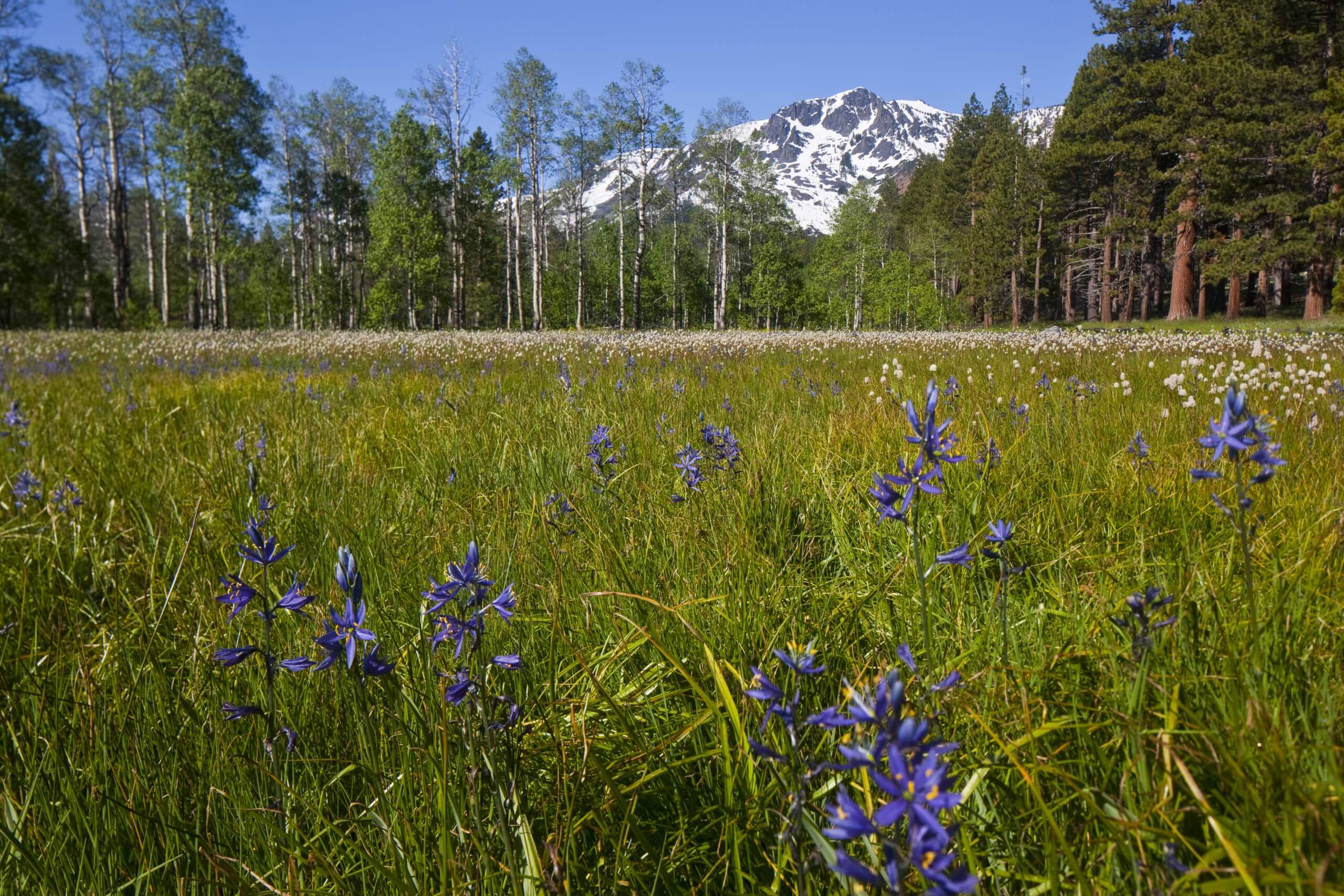Marian E. Vernon, Brent R. Campos, Ryan D. Burnett
Received: 25 December 2021 / Accepted: 11 March 2022
© The Author(s), under exclusive licence to Springer Science+Business Media, LLC, part of Springer Nature 2022
Abstract:
Wet montane meadows are an important component of the Sierra Nevada, CA ecosystem that provide diverse ecological services when in functional condition. Efforts are underway to restore meadows that have been degraded from past and historic land uses. Livestock grazing is a common land use in meadows with the potential to impact Sierra meadow ecology and may be a critical determinant of restoration success. We used a systematic literature review (SLR) method to identify, review, and synthesize scientific literature about the ecological effects of livestock grazing on Sierra meadow ecology resource areas, including hydrologic function, water quality, plants, soil, fens, and fish and wildlife species. We found 47 studies that matched our search criteria for inclusion in this SLR. Livestock grazing was associated with predominantly negative effects for each resource area reviewed, suggesting that achieving functional ecological condition in Sierra meadows that are currently used for livestock grazing may be challenging. Nevertheless, there was some evidence for compatibility with certain resource areas and certain management regimes. We discuss livestock management options, ecological objectives, and research questions that emerge from the literature to help inform meadow restoration and management.
Click here to read the full paper.
Photo by Jim Delso.


